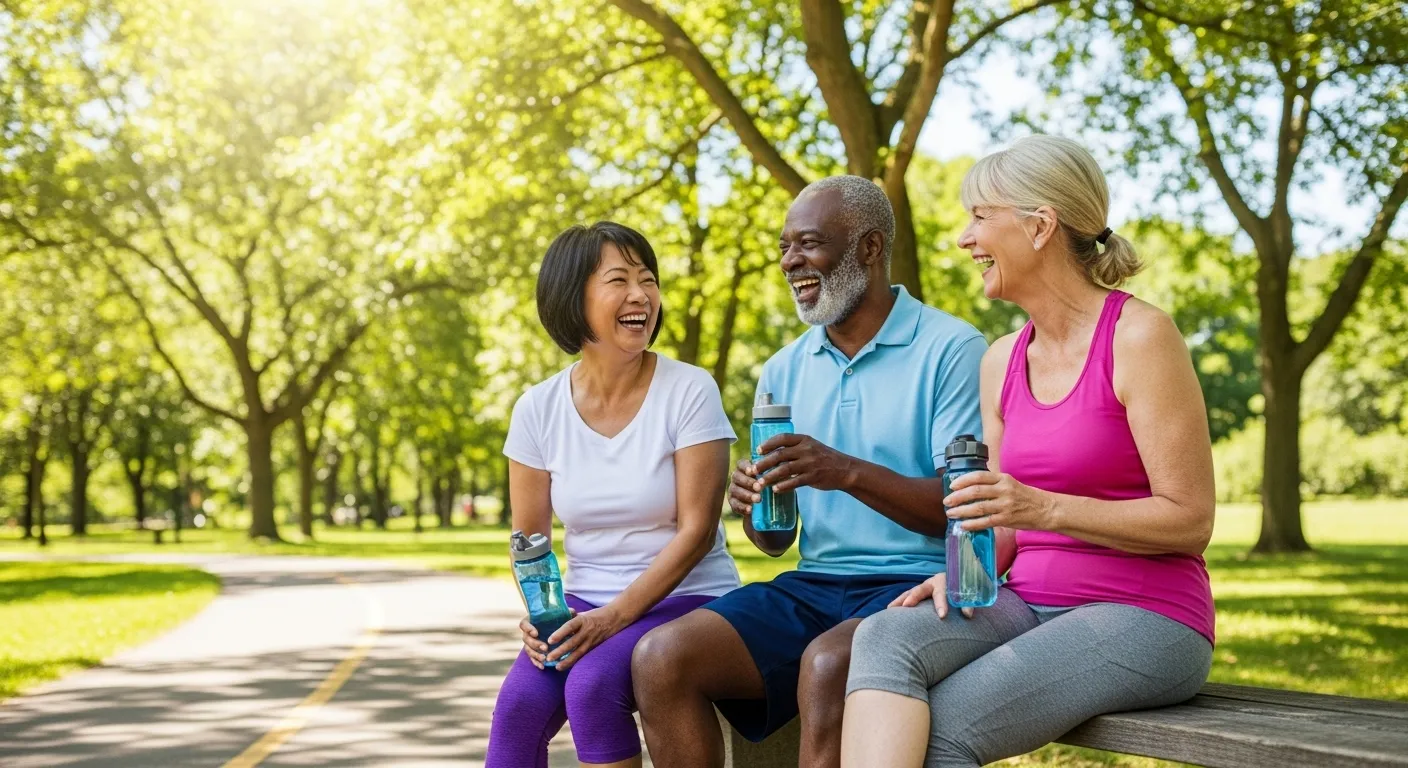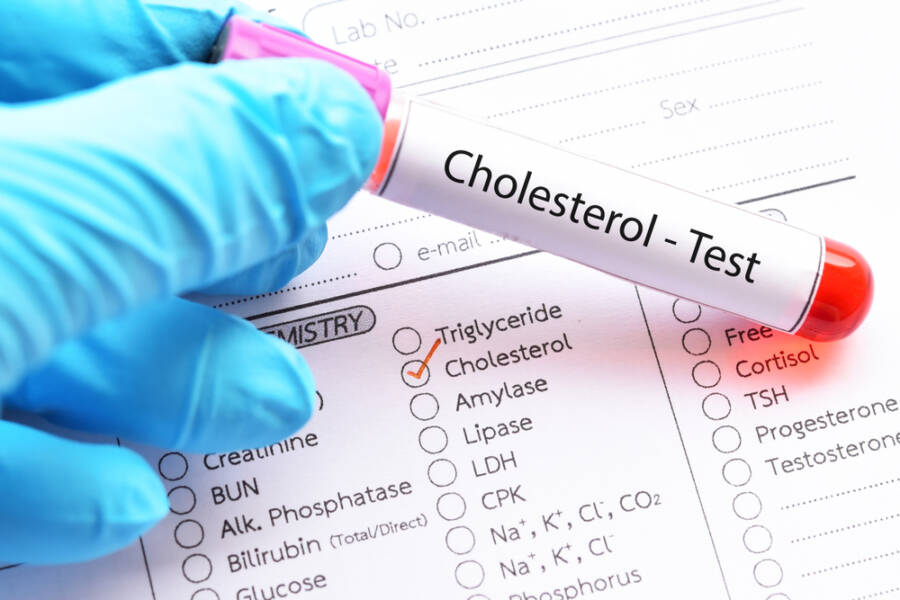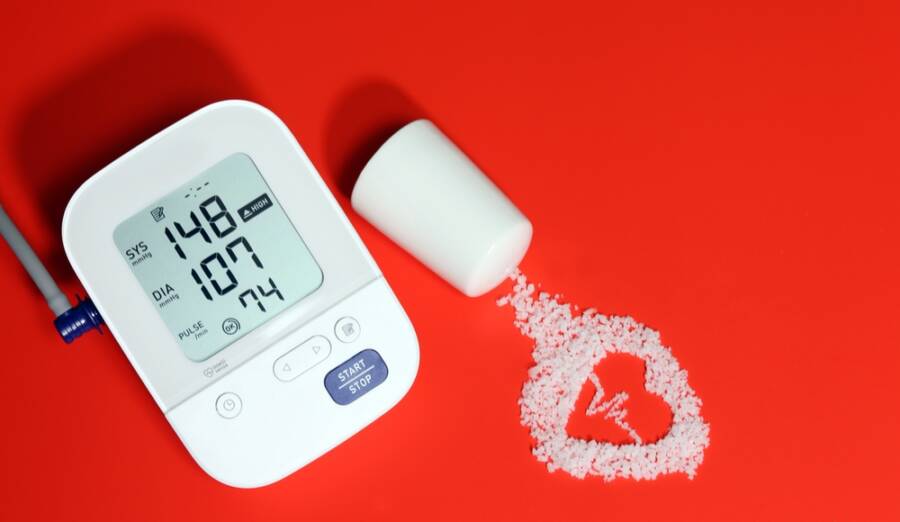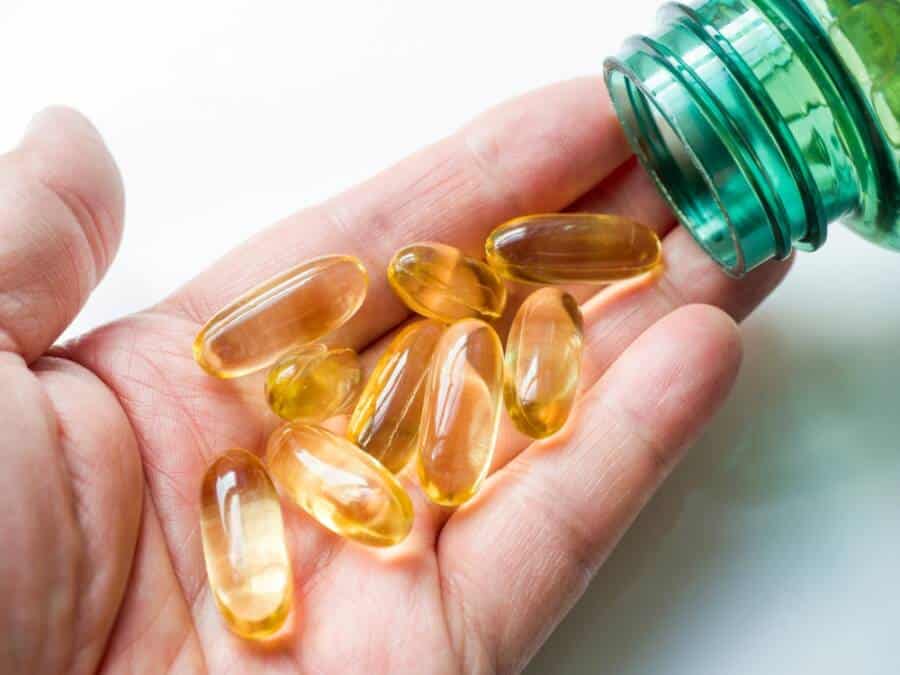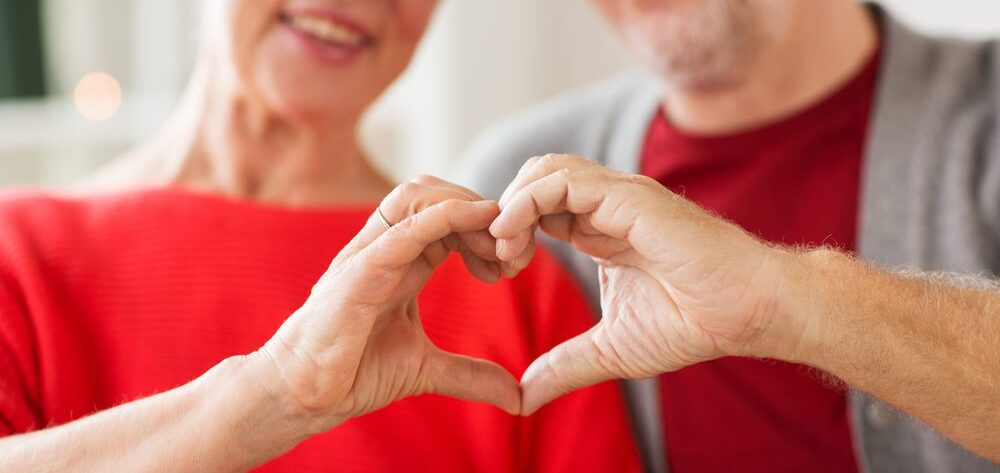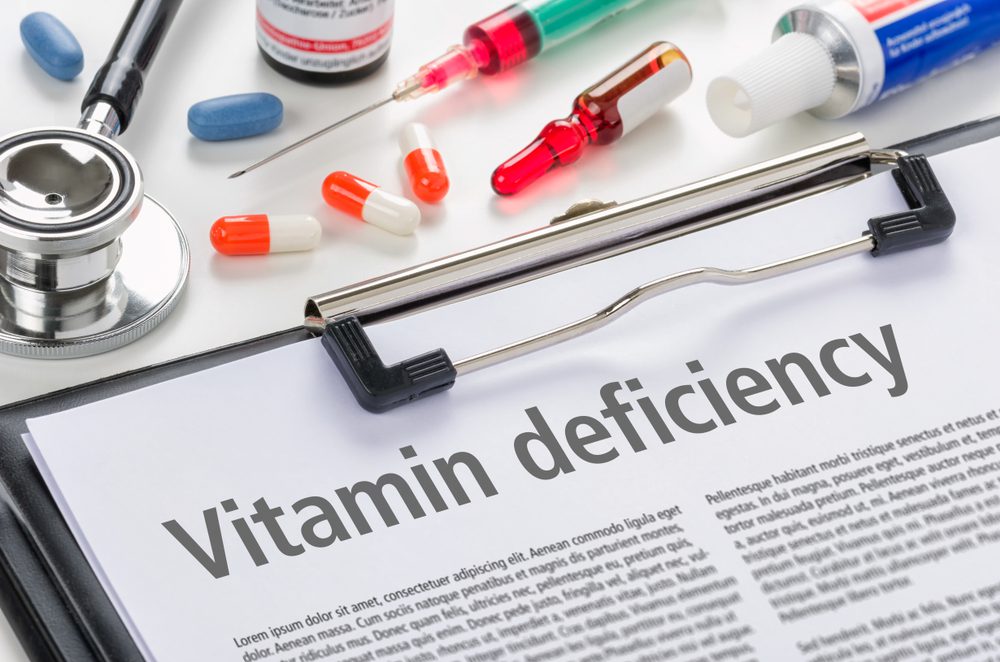10. Water: The Foundation of Vitality
Why It Matters After 60: While not a vitamin or mineral, water is arguably the most essential nutrient of all. Every single cell, tissue, and organ in your body needs water to function. As we age, our sense of thirst can diminish, meaning we might not realize we’re dehydrated until we’re already running low. Dehydration can cause fatigue, dizziness, confusion, constipation, and urinary tract infections, and it can significantly increase the risk of falls.
The Top Food Sources: Plain water is always the best choice! But you can also get fluids from other beverages like herbal tea, milk, and clear soups. Many fruits and vegetables also have high water content, such as watermelon, cucumbers, celery, and oranges.
Signs You’re Not Getting Enough / Benefits of Getting More: Early signs include a dry mouth, infrequent urination, and dark-colored urine. Getting enough water leads to better energy levels, improved cognitive function, healthier skin, and smoother digestion. Staying hydrated is one of the simplest and most effective things you can do for your health.
How to Easily Add This to Your Life: Don’t wait until you’re thirsty. Sip water throughout the day. Keep a reusable water bottle with you at all times as a visual reminder. Start and end your day with a full glass of water. If you find plain water boring, try infusing it with lemon, cucumber, or mint.
What to Consider: Your fluid needs can vary based on activity level, climate, and health conditions. If you have a condition like congestive heart failure or kidney disease, your doctor may have specific recommendations for fluid intake. Always follow their advice.
Frequently Asked Questions About Senior Nutrition
1. Are frozen vegetables as nutritious as fresh ones?
Absolutely! Frozen vegetables are often picked and flash-frozen at their peak ripeness, which locks in their vitamins and minerals. They are a convenient, affordable, and highly nutritious option that can sometimes be even more nutrient-dense than fresh produce that has traveled a long way to the grocery store.
2. Should I get my nutrients from food or supplements?
The “food first” approach is always best. Whole foods provide a complex package of vitamins, minerals, fiber, and other beneficial compounds that work together synergistically. Supplements can be very helpful for filling specific, identified gaps (like Vitamin D or B12), but they should be used to complement a healthy diet, not replace it. Always consult with your doctor before adding a new supplement.
3. How do I know if I have a nutrient deficiency?
The only way to know for sure is through a blood test and a conversation with your healthcare provider. If you are experiencing persistent symptoms like fatigue, weakness, memory issues, or bone pain, it’s a good idea to schedule a check-up to rule out any underlying deficiencies.
4. Do I really need more protein as I get older?
Yes, most research now indicates that older adults benefit from a higher protein intake than the standard recommendation for younger adults. This is crucial for combating age-related muscle loss (sarcopenia), which helps you maintain strength, balance, and independence. Spreading that protein intake across all your meals is the most effective strategy.
5. What is a simple way to make my meals more nutrient-dense?
Think “color”! Aim to have at least three different natural colors on your plate for every meal. For example, a plate with salmon (pink), steamed broccoli (green), and a sweet potato (orange) is packed with a wide array of vitamins, minerals, and antioxidants. It’s a simple visual cue for a well-balanced meal.
Your Journey to a More Vibrant You Starts Today
Nourishing your body after 60 is an incredible act of self-care that pays dividends in energy, strength, and vitality. You don’t need to overhaul your entire life overnight. The most lasting changes come from small, consistent, and positive steps. By focusing on these 10 essential nutrients, you are giving your body the premium fuel it deserves for the amazing years ahead.
Ready to start? Here are three simple actions you can take this week:
1. Add One New Thing: When you write your grocery list, choose one new food from this article to try. Maybe it’s a can of sardines, a bag of lentils, or a container of Greek yogurt. Small additions make a big difference.
2. Prioritize Hydration: Place a glass of water by your bed tonight, and make drinking it the very first thing you do tomorrow morning. This simple habit kickstarts your hydration for the day.
3. Start a Conversation: Schedule an appointment with your doctor or a registered dietitian to discuss your personal nutritional needs. A personalized plan is the most powerful plan of all.
Embrace the power of nutrition and get ready to feel your best. Your future self will thank you!
This article is for informational purposes only. Consult with a healthcare provider before making significant changes to your diet, exercise routine, or supplement regimen.

